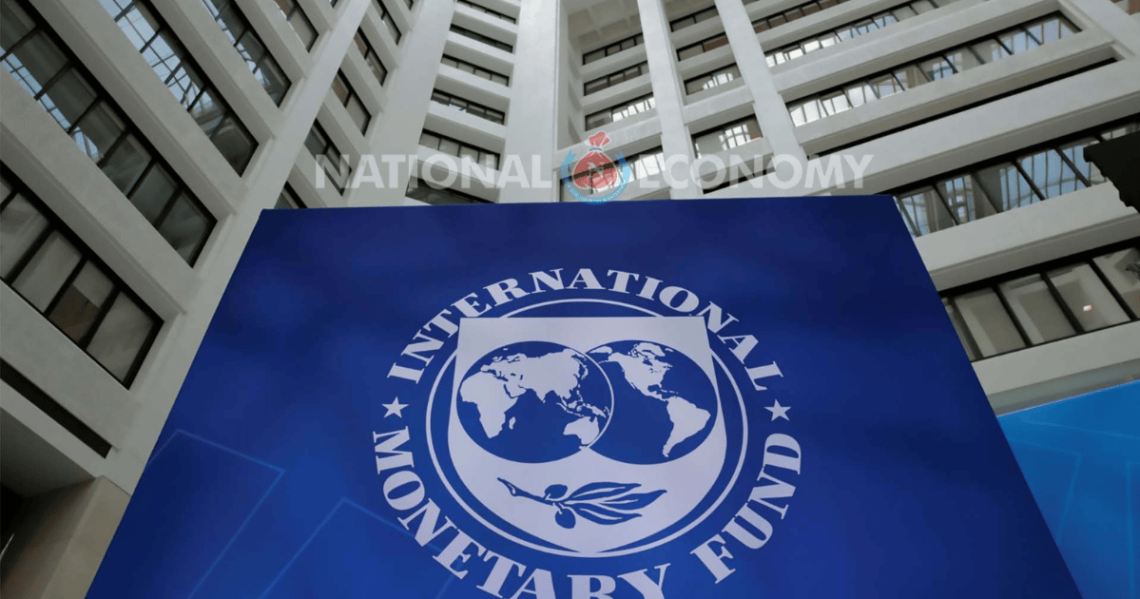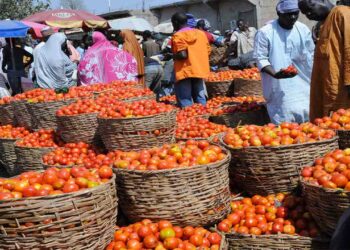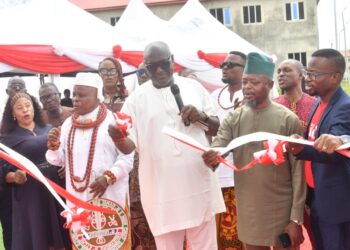The International Monetary Fund (IMF) has advised the Nigerian government to promptly implement social protection measures to assist impoverished and vulnerable citizens. Julie Kozak, IMF’s Director of Communications, highlighted this imperative during a recent press briefing, stressing the urgency of alleviating the hardships stemming from soaring prices of essential goods such as food, drugs, and transportation.
Kozak underscored the significance of fully implementing the social safety net program to aid in the government’s future endeavors to reform costly subsidies on fuel and electricity. She emphasized that addressing food insecurity should be an immediate priority, particularly given the alarming food price inflation rate of 35 per cent year over year in January.
“We do recognize the difficult situation that many Nigerians face. Our advice is first and foremost to help ease this suffering related to higher food, drug, and transportation prices by strengthening social protection,” Kozak stated.
She elaborated on the importance of the recently approved targeted social safety net program, which aims to provide cash transfers to vulnerable households, emphasizing its pivotal role in alleviating suffering and protecting low-income households before addressing subsidy reforms.
Additionally, the IMF commended the recent actions of the Monetary Policy Committee (MPC), which tightened monetary policy further. Kozak hailed this move as a positive step towards curbing inflation and alleviating pressure on the naira.
“The decision last week by the Monetary Policy Committee to further tighten monetary policy should also help contain inflation and contain pressures on the naira,” she remarked.
Furthermore, the IMF disclosed plans to release a detailed annual report on Nigeria’s economy, shifting focus to its broader economic landscape. This announcement follows a recent visit by an IMF team to Nigeria from February 12 through 23, during which discussions on economic developments and policies were held with government officials and the Central Bank of Nigeria (CBN). This visit is part of the IMF’s routine dialogue with Nigerian authorities aimed at addressing the nation’s economic challenges.





